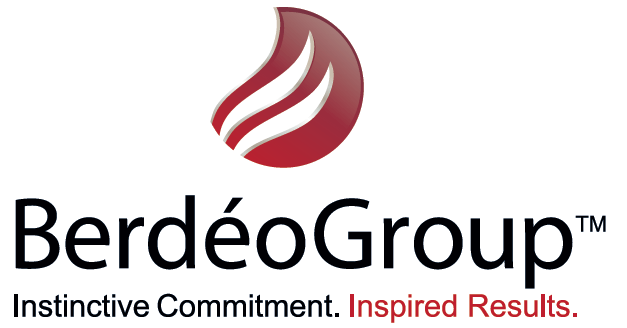“Stop shoulding yourself” has taken the world by storm—from Tony Robbins to Sex in the City—with many arguing that this six-letter word is intrinsically harmful and shame-inducing. Some bloggers have even called for “should” to be eliminated from our vocabulary. So, how did this once inconsequential word garner such a bad rap? After all, isn’t it just a word?
I think there is a place for “should” in our vocabulary. If used deliberately, I believe “shoulding” yourself can be to your benefit. It starts with changing your relationship with “should” from a source of self-judgment to self-empowerment. Only then can you unburden yourself from its disempowering tentacles. By understanding the why behind “I should do this” or “I should have done that,” you can move forward in a way that best supports you.
Here are a few guideposts to reframe your mindset around “should” to catalyze personal growth.
When the “should” clarifies your values
Many pundits in the anti-should sphere encourage people to replace “I should” with “I want.” In theory, this sounds like a great idea. The problem is that what we want at the moment can often incur consequences.
For example, “I should tell my colleague what she said was hurtful, but right now I want to be conflict-free.” In this situation, being direct and vulnerable could save you from a great deal of stress and toxicity down the road. Do you value honesty and your well-being? Then, to close the value-action gap, first, identify the core values you would like to live by on a day-to-day basis. Then, keep this list visible so that when a “should” moment inevitably strikes, you will know if the “should” is aligned with your values or, simply put, fear.
When the “should have” prompts growth
We all have carried out actions that, if we could do over, we would. And it is OK to admit that. Admitting mistakes we have made is critical to personal growth. It is only when normal psychological discomfort, or helpful guilt, turns into self-judgment and shame that learning from the mistake is derailed.
For example, “I should have made time to exercise today. How does exercising serve me? What can I do differently next time?” This powerful reframe removes the self-judgment and shame that only perpetuates the mistake. By asking yourself thoughtful questions, you can see the situation through an analytical lens and thus create a plan to ensure, in this case, exercising is a daily priority.
When the “should” reveals your beliefs
When was the last time you paused to explore the root of all your “shoulds?” You may unconsciously make many day-to-day decisions led by societal pressures or family expectations. To understand what is driving your choices, list the “shoulds” you haven’t started or can’t seem to finish, big or small. Then, answer questions like, “Who says I should?” “Why should I?” “How will I personally benefit?” Getting clear on the why will allow you to release any “shoulds” that don’t serve you. The result will feel free, and you will be better equipped to take ownership of your actions and stay happily accountable to them.






Leave A Comment